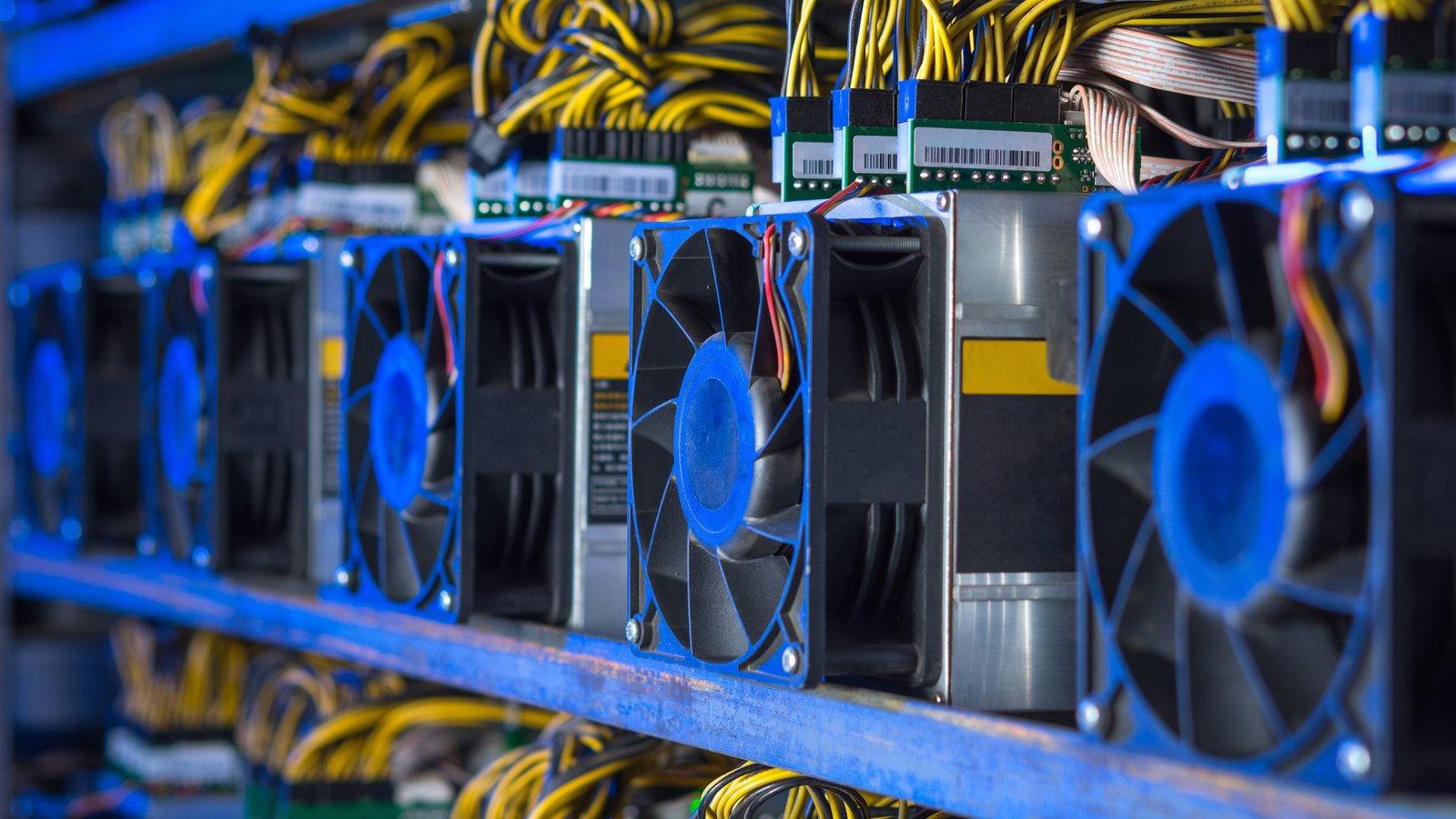Paraguay Raises Electricity Tariffs for Cryptocurrency Mining
08.07.2024 14:00 1 min. read Alexander Stefanov
The Paraguayan National Electricity Administration (ANDE) has announced a significant 14% increase in electricity tariffs specifically targeting Bitcoin and other cryptocurrency mining operations.
This decision has raised concerns about the sustainability of these activities within the country. According to local media, the tariff adjustment affects various aspects of crypto asset mining, including blockchain, token, and data center operations.
The response from industry leaders and proponents of Bitcoin was swift, with criticism voiced by politicians and elected senators.
Senator Salyn Buzarquis strongly condemned the move, arguing it reveals internal contradictions within the Paraguayan government and could deter future investments in the sector. Buzarquis pointed out the perceived injustice, noting that these companies have already made significant financial commitments in Paraguay.
The revised tariff policy might prompt Bitcoin miners to explore more economically viable alternatives, echoing recent shifts observed towards Argentina, where lower energy costs and favorable tax conditions have drawn interest.
This development reflects a broader trend across Latin American nations as they navigate evolving economic dynamics and reassess their stance on cryptocurrency mining.
-
1
Bitcoin to Track Global Economy, Not Dollars, Says Crypto Expert
09.06.2025 18:00 2 min. read -
2
Blockchain Group Bets Big on Bitcoin With Bold €300M Equity Deal
09.06.2025 22:00 2 min. read -
3
BlackRock’s Bitcoin ETF Breaks Into Top 15 Most Traded ETFs of 2025
12.06.2025 18:00 2 min. read -
4
Bitcoin on a Path to $1 Million as Wall Street Embraces Digital Gold – Mike Novogratz
14.06.2025 19:00 1 min. read -
5
Bank of America Compares Bitcoin to History’s Most Disruptive Inventions
17.06.2025 14:00 1 min. read
Metaplanet Now Holds 13,350 BTC Worth $1.4 Billion
Metaplanet has expanded its Bitcoin treasury with a new acquisition of 1,005 BTC valued at approximately $108.1 million, further cementing its status as one of the largest corporate holders of the digital asset.
Bitcoin Averages 37% Rebound After Crises, Binance Research Finds
Despite common fears that global crises spell disaster for crypto markets, new data from Binance Research suggests the opposite may be true — at least for Bitcoin.
Bitcoin Mining Faces Profit Crunch, But No Panic Selling
A new report by crypto analytics firm Alphractal reveals that Bitcoin miners are facing some of the lowest profitability levels in over a decade — yet have shown little sign of capitulation.
Bitcoin Hashrate Declines 3.5%, But Miners Hold Firm Amid Market Weakness
Bitcoin’s network hashrate has fallen 3.5% since mid-June, marking the sharpest decline in computing power since July 2024.
-
1
Bitcoin to Track Global Economy, Not Dollars, Says Crypto Expert
09.06.2025 18:00 2 min. read -
2
Blockchain Group Bets Big on Bitcoin With Bold €300M Equity Deal
09.06.2025 22:00 2 min. read -
3
BlackRock’s Bitcoin ETF Breaks Into Top 15 Most Traded ETFs of 2025
12.06.2025 18:00 2 min. read -
4
Bitcoin on a Path to $1 Million as Wall Street Embraces Digital Gold – Mike Novogratz
14.06.2025 19:00 1 min. read -
5
Bank of America Compares Bitcoin to History’s Most Disruptive Inventions
17.06.2025 14:00 1 min. read


